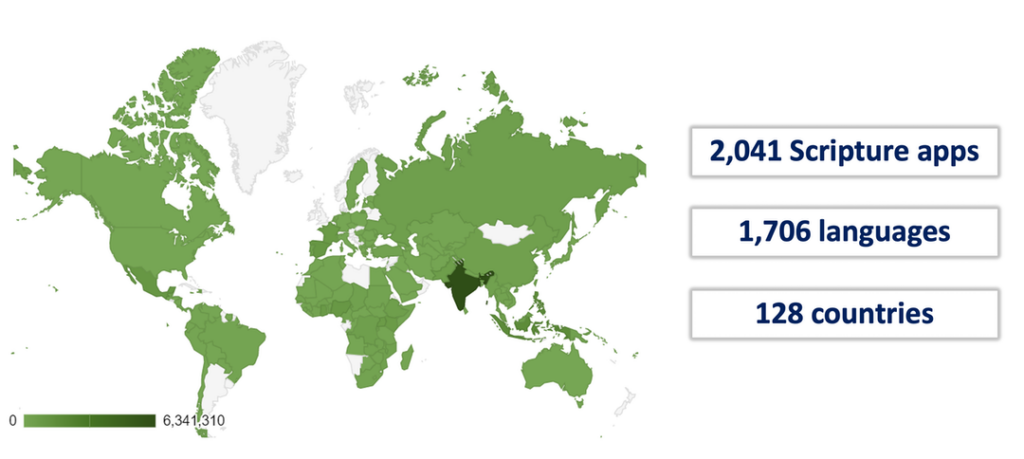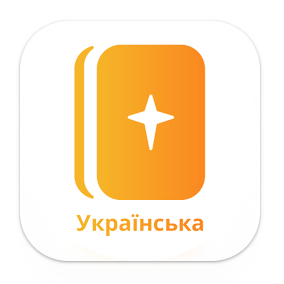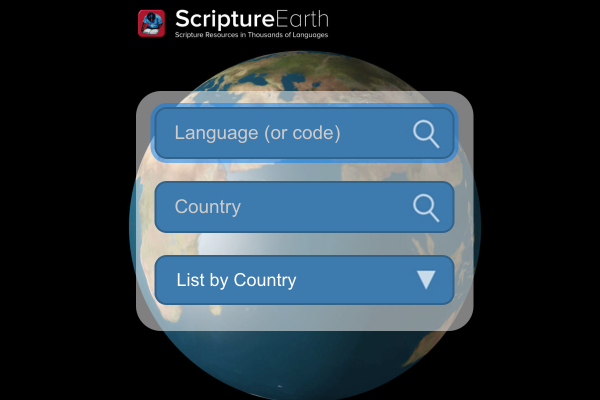It is encouraging to see people reading the Bible and many organizations using SAB to create apps. We intentionally do not gather analytics about its use to protect those who are creating resources for communities in sensitive areas. Below, you can see information about those we know about. Thank you for partnering with us to help make this happen!

iOS apps and offline Android apps are in addition to this.



